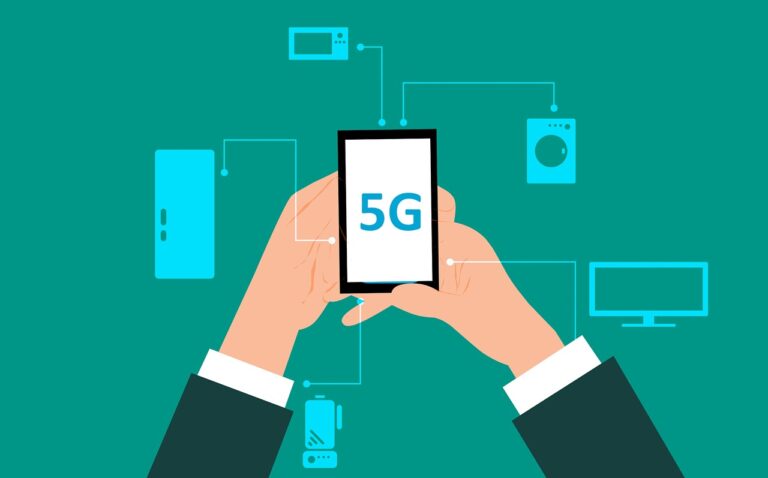5G: Technogy Next Generation
Industry Insights | 21 April 2022 | Ratna Priya
Being conceived as the pillar for expanding the potential of networked society, 5G technology has turned out to be a benchmark in the digital transitions speeding up nowadays. We are being spectators of a scenario where power of networking and connectivity has expedited the economic benefits of the telecom sector too. 5G provides India’s industry an ability to beat out global markets, while consumers benefit from economies of scale. Similar Forums have been established in other nations, therefore India has so entered the race for 5G technologies.


5G in India
The race to launch 5G services based on the latest telecom technology in the world’s second-largest telecom market, with a billion-strong subscriber base, is set to begin, with the Department of Telecommunications (DoT) approving selected telecom companies in India to conduct trials for the use and application of 5G technology. Technology is playing a pivotal role in helping firms operate effectively within a remote office setting in the “new reality.” In this scenario, connectivity has become a significant factor in enabling organisations to collaborate. As telecom industry has contributed as a connectivity facilitator, it must now expand beyond its current functions and provide meaningful services and individualised experiences. As the telecom sector enters the epoch of innovation, it is at a crossroads. As connectivity improves with the help of technologies such as 5G, IoT, AI, Augmented and Virtual Reality (AR and VR), and Extended Reality, we are anticipated to witness better, more secure, and customized services across all industries (XR).
5G Has Huge Economic Potential
5G is predicted to deliver a huge transformation in the communications environment, producing great economic potential in the coming years, as the above-stated technologies become more accessible to organisations, notably in the telecom business. A 2020 survey report by KPMG International stated that enterprise 5G will have an impact on almost every leading sector, with the potential to release 4.8 trillion US dollars through known use-cases around the world. According to KPMG India, in collaboration with IMC and the Cellular Operators Association of India (COAI), India Inc. could unleash 48.69 billion US dollars in the next four years by deploying 5G. It was also calculated that 5G would contribute 0.35 to 0.50 per cent of annual GDP. Except for Chinese businesses, India’s Department of Telecommunication (DoT) has lately allowed mobile carriers to conduct 5G testing in the country with the equipment manufacturers with whom they have collaborated. The government has given telecom companies like Bharti Airtel, Reliance Jio, MTNL, and Vodafone Idea permission to conduct 5G technology trials.
Higher capacity, lower latency, and enhanced bandwidth will all be available after the successful implementation of 5G technology (almost 10 times faster than 4G). Furthermore, it will enable better flexibility, cost savings, and the ability to design viable apps that are not compatible with currently existing wireless technologies. To put it another way, 5G can assist us in creating a more efficient and smartly linked world.
The Department of Transportation has stated that the experiments will be segregated from existing TSP networks. The trials will be carried out on a non-commercial basis. The information gathered throughout the trials will be kept in India. As part of the trials, TSPs are required to make it easier to test locally designed use cases and equipment. DoT selected one hundred applications/use cases after conducting a feasibility study.
Who We Are
ITOne Infotech headquartered in Pune is an entity of One Group of Companies. We are a one-stop destination for all your ITSM needs, envisioned to rank as a top managed service provider with global footprints.
Supported Industries
Address
kundan Bhavan, Kundan Nagar, Mumbai-Pune Road, Dapodi, Pune 441012 Maharashtra (IN)




















